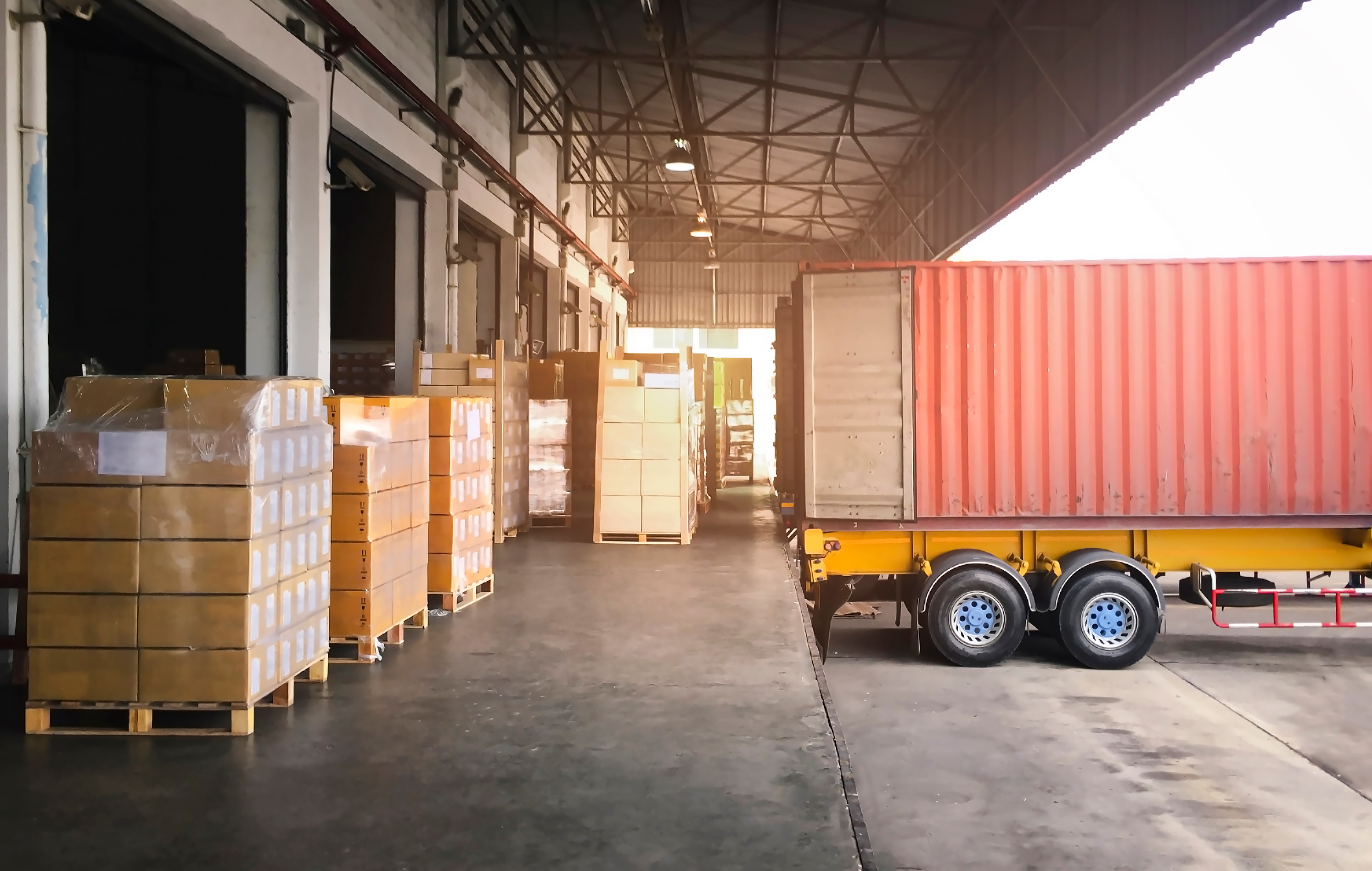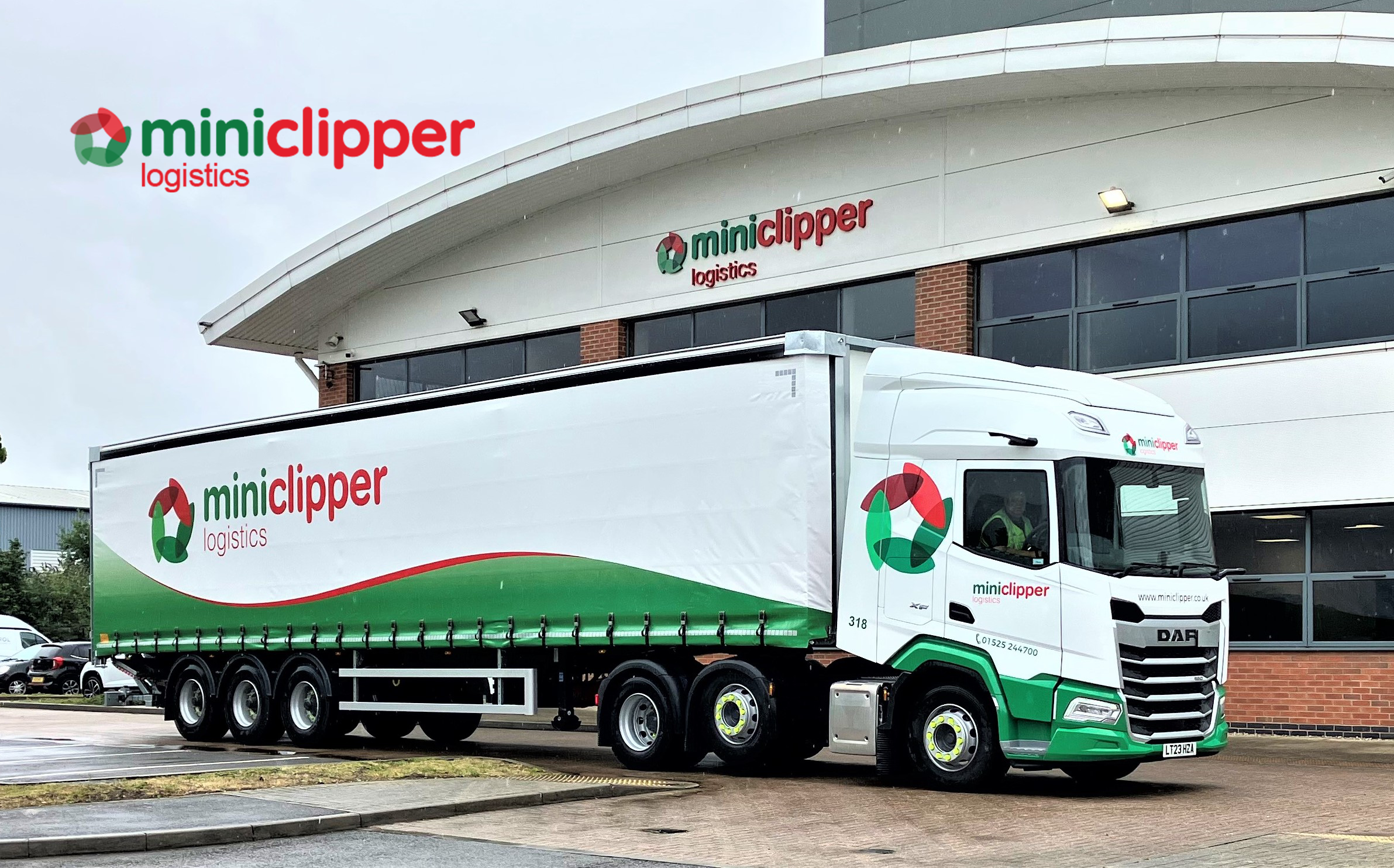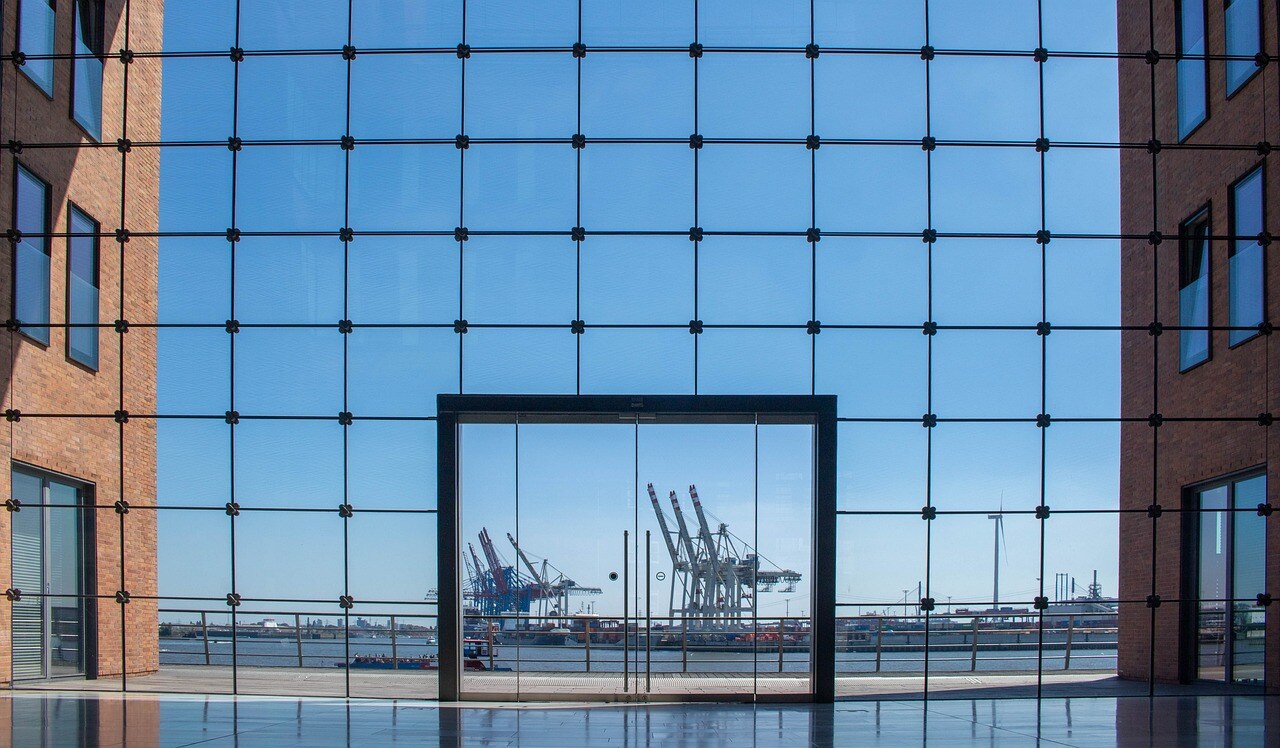This article explores the increased pressure transport and freight companies face from their major retail clients to showcase their commitment to reducing their carbon footprint. Along with the various strategies companies within the industry can implement and adopt to satisfy expectations.
Embracing sustainability: A sector in transformation
Sustainability is no longer a buzzword but a necessity in the transport industry. As stakeholders push for greener practices, transport companies feel compelled to align operations with environmental goals. Retail giants now seek suppliers who are actively reducing carbon footprints, not just meeting minimal compliance.
Understanding the pressure for carbon accountability
Retailers know that their supply chains significantly contribute to their carbon emissions. Every logistical step, from production to delivery, impacts their environmental footprint. As a result, these companies prioritise specific partnerships. As part of their service offering, they favour suppliers who demonstrate a concrete commitment to sustainability.
Measuring up: The first step in carbon emission assessment
The journey towards carbon footprint accountability begins with measurement. Transport companies use methods like the Greenhouse Gas Protocol to capture precise data across operation sectors.
Every aspect of a transport company's operations, from fuel consumption to vehicle maintenance, requires thorough scrutiny to accurately assess carbon impact. Firms can closely monitor their eco-efficiency using new technologies like telematics and IoT devices.
Implementing sustainable practices for better carbon management
Once the metrics are in place, the next step is proactive emission management. Transport companies can explore a myriad of strategies to mitigate their carbon impact. Companies can proactively transition to alternative fuels, optimise routes for fuel efficiency, and invest in eco-friendly fleet upgrades. These actions contribute to environmental sustainability and operational efficiency.
Moreover, fostering a culture of sustainability within the organisation is paramount. They focus on eco-driving techniques in driver training programs and incentivise green initiatives. Every employee plays a role in reducing carbon emissions.
Transparency and accountability: Cementing trust in supplier relationships
Maintaining transparency is critical for supplier relationships. Retail clients expect suppliers to be forthcoming with their sustainability metrics and progress. Comprehensive reporting and setting up proper accountability mechanisms are fundamental to building trust and reinforcing business partnerships.
The journey towards greener horizons
As the demand for environmental responsibility intensifies, transport companies have a unique opportunity to lead the charge towards sustainability. Transport firms can respond effectively to supplier pressures by diligently measuring, managing, and reporting emissions. Additionally, adopting transparent and accountable practices paves the way for a more sustainable industry.
The transport sector's path to sustainability is clear: embrace carbon footprint accountability and drive towards a more sustainable tomorrow.








